The Nigeria Police is a primus interpares as regards what the Americans call homeland security. It is established by the law to inter alia maintain the law and order by detecting crimes, apprehending criminals and their subsequent prosecution, see Section 4 of the Police Act 2020. It is so privileged to perform these functions through a decentralised security architectural network across the geopolitical spaces within the country, with divisional offices and outposts spawning the length and breadth of the country, albeit, with insufficient manpower.
Over the years, the police used to be so effective that young children and even the adults of the olden days dread the men in Nigeria Police uniform armed with “ordinary baton (kondo)”. The table has, however, tuned now even with their ‘shakabula guns’ and the AK 47, nobody fears or accord them recognition.
The seal for the law enforcement has even waned, and being substituted with the crave for economic benefits, apparently being faced with the current hard economic reality. Little wonders that the hunter has now become the hunted with proliferation of small arms and light weapons at the disposal of criminal minded individuals in cahoots with “the bad elements in uniform”. The resultant Hobbesian state is better imagined!
In Nigeria today, the atmosphere is charged and tensed with hues and cries of political gladiators goading the parliamentary moves for the establishment of state police in Nigeria. The tempo is high and the atmosphere is choking with endemic insecurity, primarily of lives and the apocalyptic boldness of its perpetrators with unmistaken clear objectives.
One may ask for the reason behind the hues and cries of political gladiators, and one may also be tempted to state that the people that matter in our country do not feel secured anymore, irrespective of their ever-vigilant security details and their perceived war chests appurtenant to their deep pockets. They probably reason that they need their own policemen, customised for the protection of their ill-gotten empires and political dynasty.
Why is this important? They reasoned that they need protection against the imminent evil of their oppressed subjects whose common wealth is unrepentantly being siphoned into private pockets leaving yawning gaps of immanent contradictions of underdevelopment.
One may then ask; is having a state police in Nigeria a bad idea? This is a big question that daily begs for answers. However, to answer this completely will warrant a deep excursion into the fons et origo (the 1999 Constitution of the Federal Republic of Nigeria). I shall come back to this later.
It is submitted that, having a state police translates into having a somewhat perfection of the Nigerian federal system in which powers and responsibilities typically devolve from the centre to the constituent units, where at least two levels of government coexist constitutionally.
Therefore, the creation of state police amounts to creation of more employment opportunities for the largely unemployable youths and sometimes few privileged political thugs.
This can either amount to positive engagement of criminal minded individuals by taking them off the streets in the short run and preparing them for officially sanctioned criminality in the long run, or a complete transformation of seemingly hopeless individuals to actors in state affairs where the issue of security matters. To this end, the quality of screening in the employment process will play a vital role in the determination of these two sets of policemen recruited.
Some advocates of the creation of the state police may have rightly argued that the recruitment should be locally sourced in which the advantages of native intelligence and uncommon sense of commitment and responsibility will result in nipping crimes in the bud. This is because a policeman who is a native of his station or post will be more willing to prevent crimes in the vicinity than a policeman who is not an indigene of the area.
On the other hand, it is not impossible that such natives are capable of using the mighty powers of being a cop to settle personal, family or communal disputes and vendetta so much so that they might assume the status of an indomitable worthy of worship in their spheres of influence, because the power attributable to having connection to the coercive apparatus of the state is infinite.
By and large, the localisation of recruitment of police personnel have its own challenges, and it can easily be abused. That apart, establishment of state police has its own inherent problems especially with regards to control, organisational structure, remuneration and so on. That being the case, certain questions naturally come to minds like:
Would the establishment of state police amount to the enactment of constitutions for each of the federating units in Nigeria, leading to the emergence of a confederal arrangement?
How would the state police be remunerated? Are they to be paid from the unaudited and opaque monthly security votes exclusively accruable to the coffers of the state governors in Nigeria?
Are they to be paid by a different arrangement as determined by the predilections of the state governors, or still by the federal government?
It is submitted that where the remunerations flow from the state governors, there is tendency that the state police can be used to muzzle political opponents within their domains, and the opposition parties, thereby capable of turning the state not only into a one-party-state, but also a gestapo fascist dynasty. In other words, state police is likely to be abused to the extent that it may not guarantee the safeguard of security for which it was established.
If not for the love of power! Are the state governors being sincere in this cause, when they are barely able to pay a Thirty-Thousand Naira (N30,000) minimum wage?
Are some state governments not paying only a fraction of monthly salaries to their workers or do they liken the setting up of state police to the establishment of nursery and primary schools? It is submitted that the problems inherent in establishing state police are more than the advantages.
This is more so because experience has taught in this country that the governors are the most powerful political bloc under the present political setting in Nigeria. And times without number, they have effectively launched terrible attacks on certain policies and succeeded in killing them.
Examples of these naked powers can be seen in the way they muzzle the functionalities of the local government as a third tier of government and the killing of the constitutional amendment to make the judiciary, the local government and House of Assembly to have fiscal autonomy.
These are instructive of the magic wands at their disposal. To this end, in spite of the unflinching efforts of the Federal Government in ensuring financial discipline and local government autonomy.
This is through the National Financial Intelligence Unit guidelines backed up by the issuance of the Presidential Executive Order 10, refraining the state governors from spending from local government joint accounts, all the governors colluded in frustrating these lofty efforts by arm-twisting the Federal Government through legal battle.
To be continued tomorrow.
Akingbolu is a Public Affairs Analyst and a Human Rights Activist based in Lagos.

 4 months ago
33
4 months ago
33
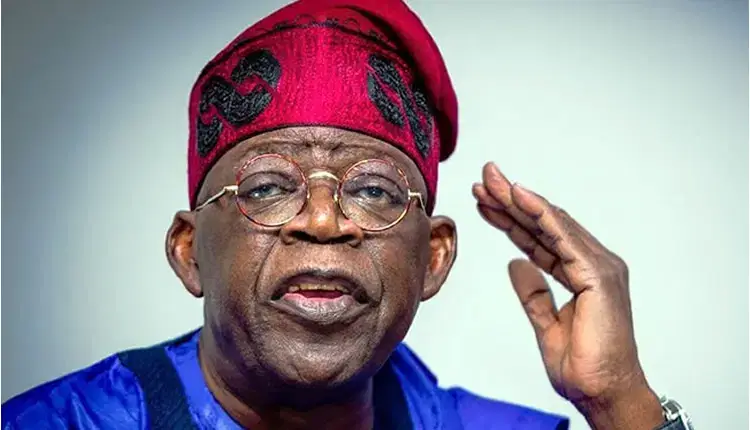

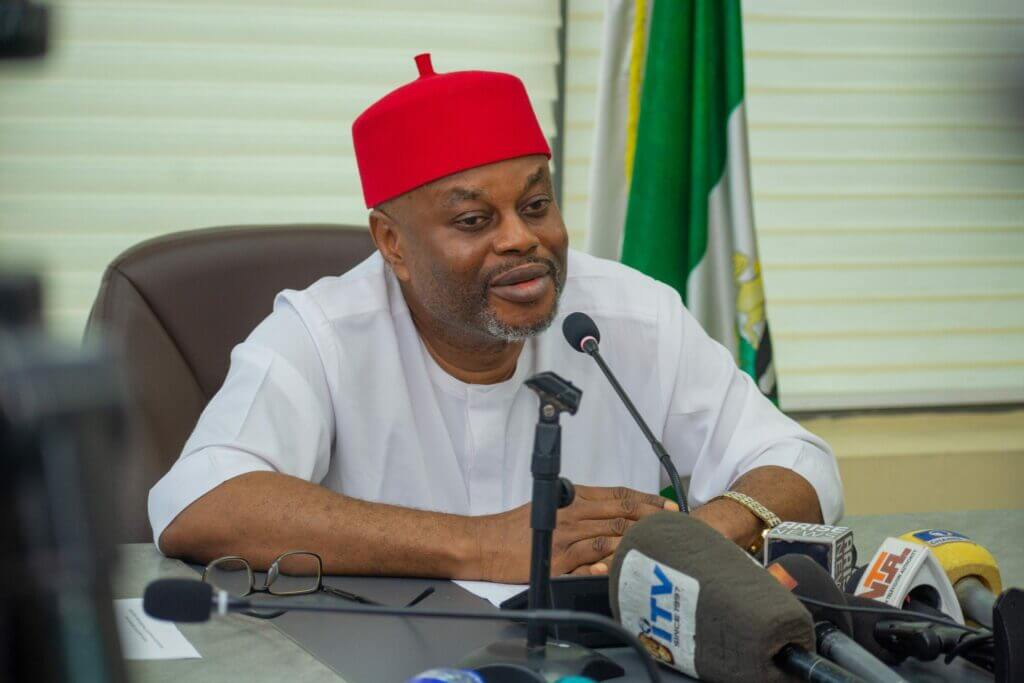
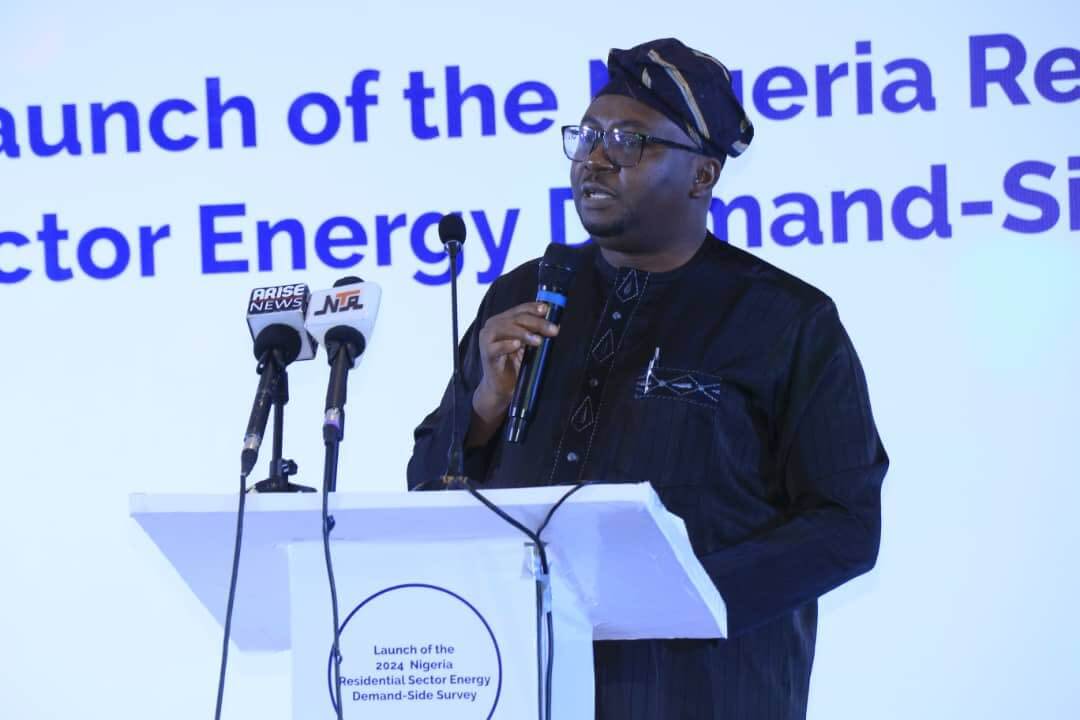
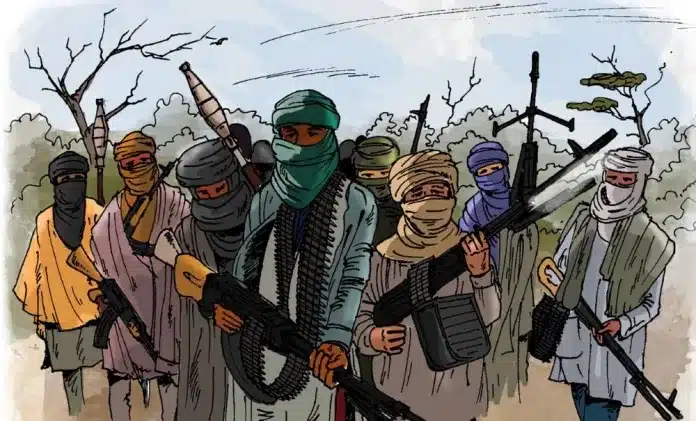







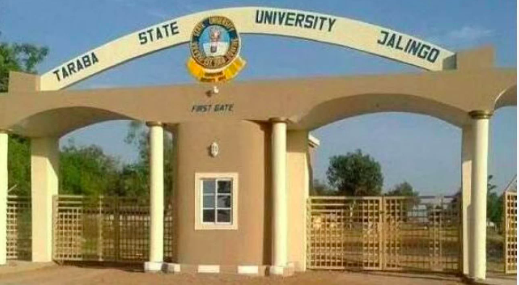

 English (US) ·
English (US) ·